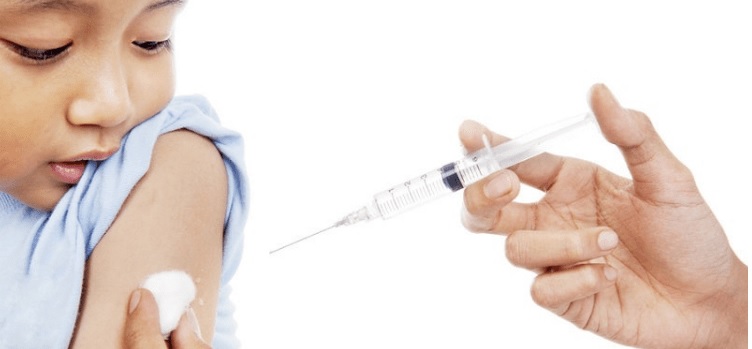Every parent wants their child to grow up healthy and strong. Vaccinations are one of the most powerful tools to achieve this. Among them, the DTaP vaccine stands out as a shield against dangerous diseases. Let’s explore what’s in this vaccine, why your child needs it, and tackle any questions you might have.
What Are Diphtheria, Tetanus, and Pertussis?
The DTaP vaccine protects against three potentially life-threatening diseases:
- Diphtheria: This infection affects the throat, potentially blocking the airway and causing severe breathing problems.
- Tetanus (lockjaw): A nerve disease that can occur at any age, usually resulting from toxin-producing bacteria contaminating a wound.
- Pertussis (whooping cough): A respiratory disease with symptoms that resemble a common cold, leading to severe coughing. Infants, especially those under six months, face the highest risk of serious complications.
DTaP Immunization Card
Administered as a series of five injections, the DTaP vaccination is scheduled at the following ages:
- 2 months
- 4 months
- 6 months
- 15-18 months
- 4-6 years
Additionally, a booster shot called Tdap is recommended for ages 11 to 12 and for older teens and adults who haven’t had a booster with pertussis coverage. Healthcare providers may advise pregnant women to receive the Tdap vaccine in the second half of each pregnancy.
Is the DTaP Vaccine Necessary?
The widespread usage of DTaP vaccination has virtually eradicated diphtheria and tetanus in childhood and significantly lowered the number of pertussis cases. This vaccine is especially crucial for adults in close contact with newborns, such as grandparents or caregivers.
Possible Risks of DTaP Immunization
While the DTaP vaccine is generally safe, it can cause mild side effects such as fever, crankiness, tiredness, loss of appetite, tenderness, redness, or swelling at the injection site. Rarely, more severe side effects like seizures, high fever, or uncontrollable crying may occur. However, these occurrences are so infrequent that researchers still investigate whether they have a direct link to the vaccine.
When to Delay or Avoid DTaP Vaccination?
In most cases, simple illnesses should not hinder vaccination. However, if your child has had a severe allergic reaction, brain or nervous system problems, Guillain-Barré syndrome, or severe pain or swelling after a previous DTaP shot, consult with your doctor. They may opt for a modified vaccine schedule or determine that the benefits of vaccination outweigh the potential risks.
Caring for Your Child After DTaP Vaccination
After receiving the DTaP vaccine, your child may experience mild discomfort, including fever and soreness at the injection site. To alleviate discomfort, your doctor may recommend acetaminophen or ibuprofen, along with a warm, damp cloth or heating pad on the injection site.
When Should I Call the Doctor?
Don’t hesitate to contact your healthcare provider if you have any concerns about the vaccine or if your child experiences unusual symptoms after immunization. It’s crucial to keep communication open and seek professional advice if needed.
The DTaP vaccine has proven to be a valuable tool in protecting children from serious diseases. Understanding its components, immunization schedule, and potential risks can help parents make informed decisions regarding their child’s health. Regular communication with healthcare providers ensures a collaborative effort in keeping your children safe and healthy.


